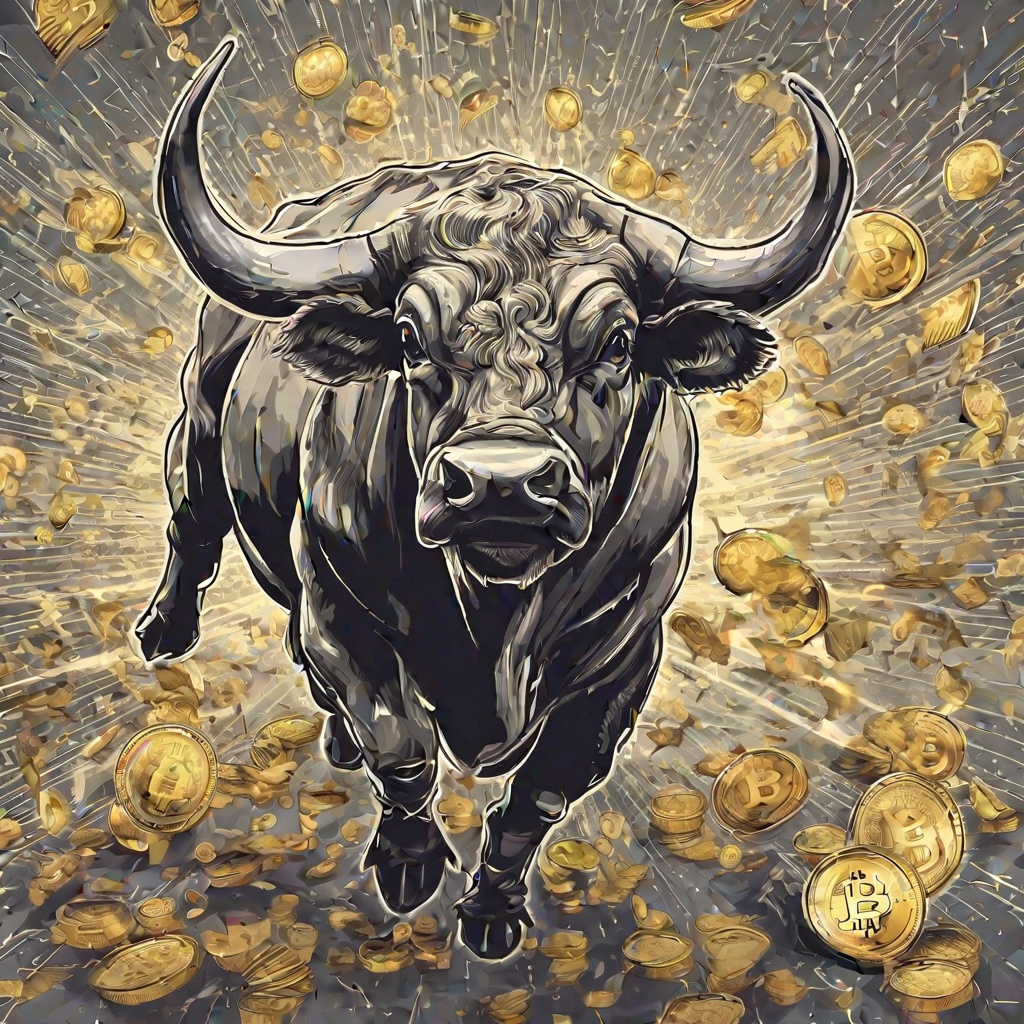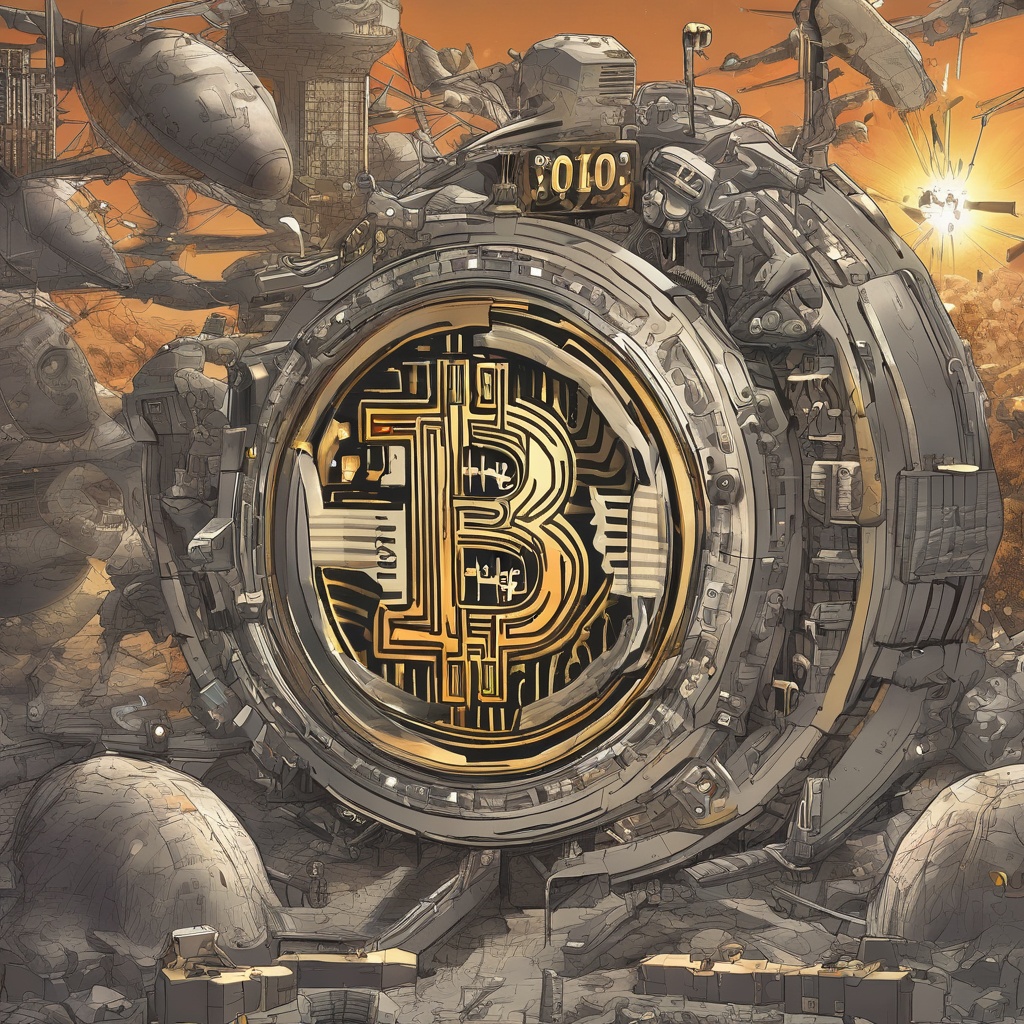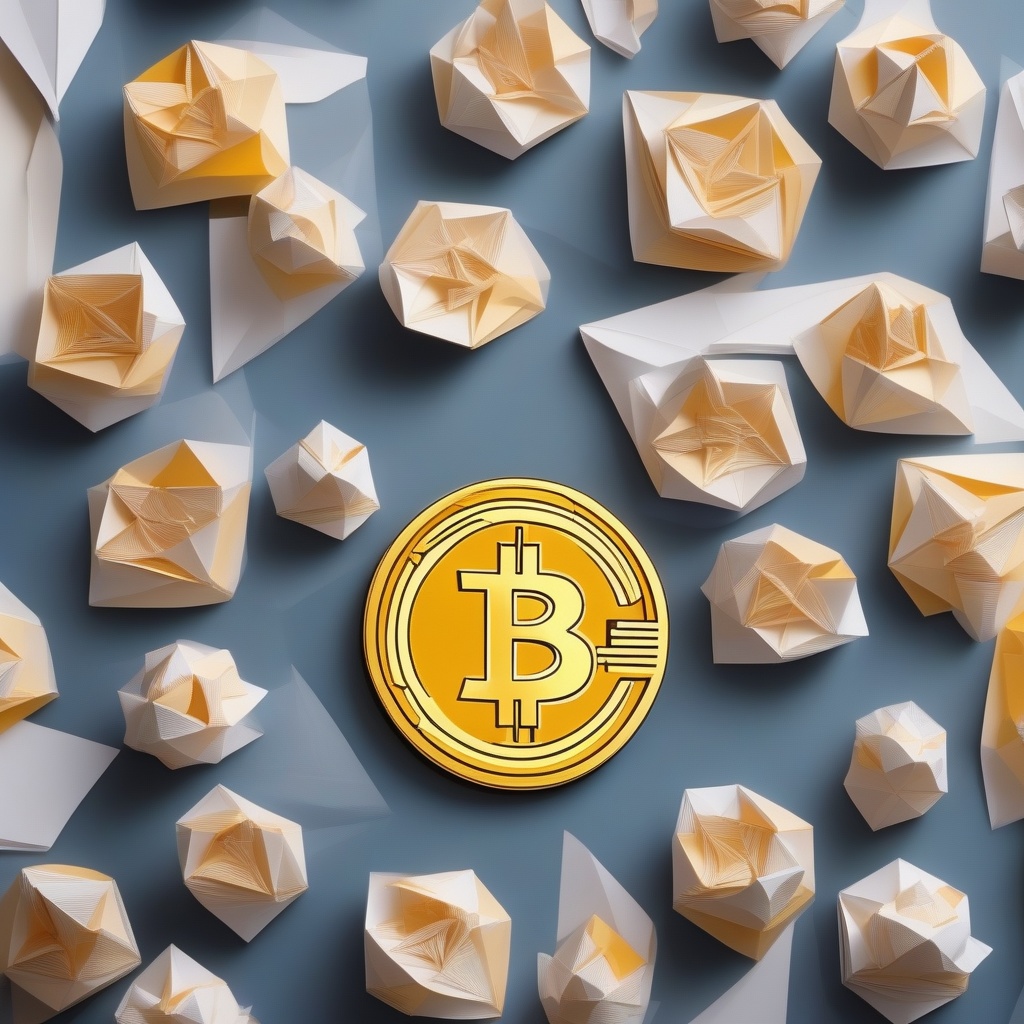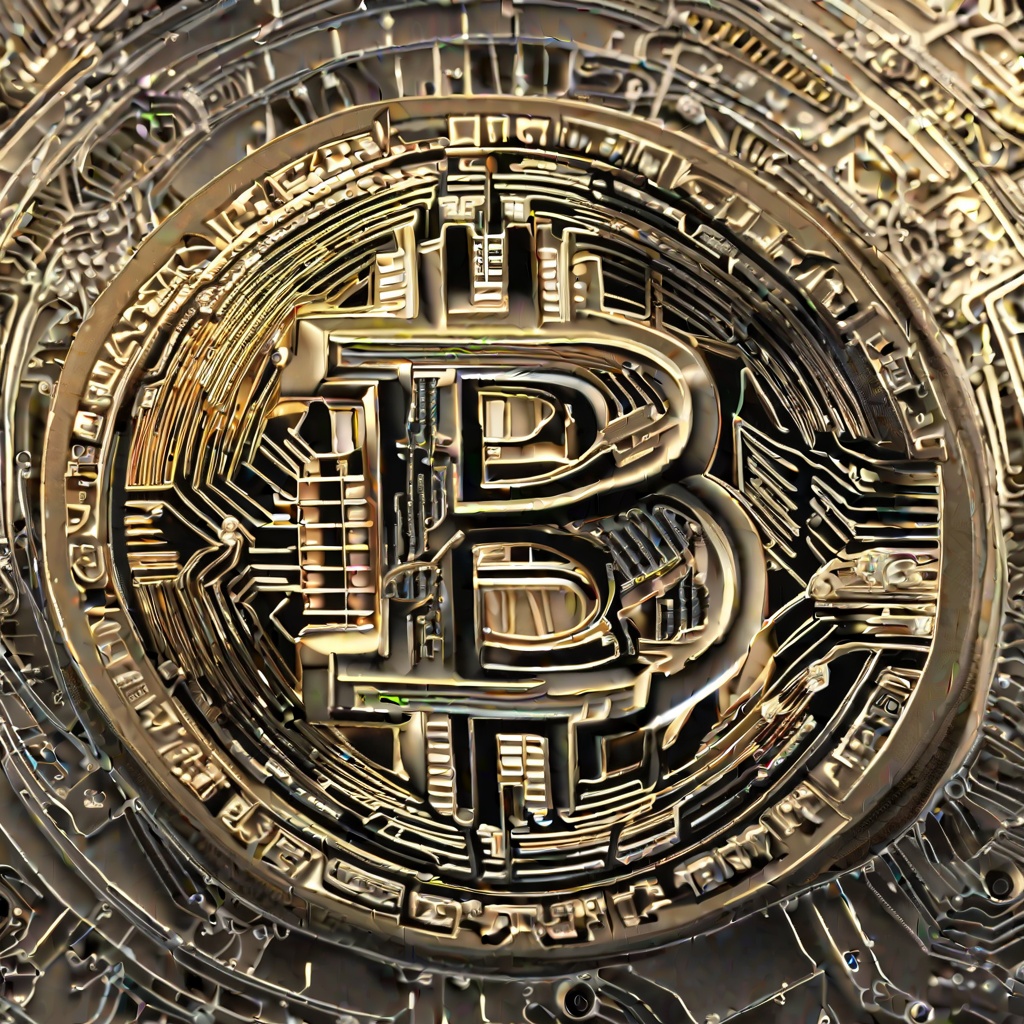Will a 'face-melting FOMO' start a bitcoin Bull Run?
Could you elaborate on the concept of a "face-melting FOMO" and how it might potentially trigger a Bitcoin bull run? Do you believe that fear of missing out, when combined with other market factors, could lead to a significant increase in bitcoin's value? Additionally, what are some indicators or signals that investors should look out for to identify the beginning of a potential bull run? And lastly, how do you recommend investors navigate such a volatile market, especially when faced with the potential for significant gains but also the risk of significant losses?

How does FOMO affect crypto markets?
Have you ever felt that pang of anxiety when you see your friends or acquaintances raking in profits from a particular cryptocurrency and you feel like you're missing out? That's FOMO, or Fear Of Missing Out, in action. And it's a powerful force that can drive up prices in crypto markets. But how does it actually work? FOMO often kicks in when a particular cryptocurrency starts to surge in value, and investors who missed out on the initial gains start to panic and rush to buy in. This buying pressure can drive prices even higher, creating a feedback loop that attracts even more investors. However, this surge in prices can also be unsustainable, as it's often fueled by speculative buying rather than underlying fundamentals. And when the music stops, those who bought in late can find themselves holding the bag. So, how does FOMO affect crypto markets? It can drive up prices in the short term, but it also creates a risky environment where investors may be more prone to making impulsive decisions. Ultimately, it's important to remember that investing in cryptocurrencies should be a well-researched and considered decision, not just a reaction to FOMO.

What does FOMO mean in crypto?
I'm curious, could you please clarify what FOMO stands for in the context of cryptocurrency? I've heard it mentioned frequently in discussions about market trends and investor behavior, but I'm not entirely sure of its specific meaning. Could you elaborate on how it relates to the crypto world and what sort of impact it might have on investors' decisions?

How to spot FOMO in crypto trading?
Have you ever felt the urge to buy a cryptocurrency just because it's skyrocketing in value, even though you have no idea what it's about or what drives its price? That's FOMO, or Fear Of Missing Out, in action. But how can you spot it in crypto trading? Firstly, pay attention to your emotions. FOMO often stems from a fear of losing out on potential profits, and can cloud your judgement. If you're feeling anxious or pressured to make a trade, take a step back and ask yourself if your decision is based on rational analysis or just a gut feeling. Secondly, look at the market trends. FOMO often occurs during periods of rapid price increases, especially when a cryptocurrency is heavily hyped in the media or social media. Be wary of making rash decisions based solely on these trends, as they can be fleeting and unpredictable. Finally, consider your risk tolerance. Crypto trading is inherently risky, and FOMO can lead to overtrading or investing in risky assets. Make sure you have a clear understanding of your financial goals and risk appetite before making any trades. So, in summary, to spot FOMO in crypto trading, pay attention to your emotions, market trends, and risk tolerance. By doing so, you can make more informed and rational decisions, and avoid the pitfalls of FOMO.

What are some examples of crypto FOMO?
Can you provide some real-life instances of crypto FOMO, or the Fear of Missing Out on cryptocurrency investments? For instance, have there been any notable cases where investors felt compelled to jump into a particular cryptocurrency due to its skyrocketing value, only to later regret their decision when the market corrected or crashed? Understanding these examples can help educate investors on the importance of staying grounded and making informed decisions in the volatile world of cryptocurrency.

